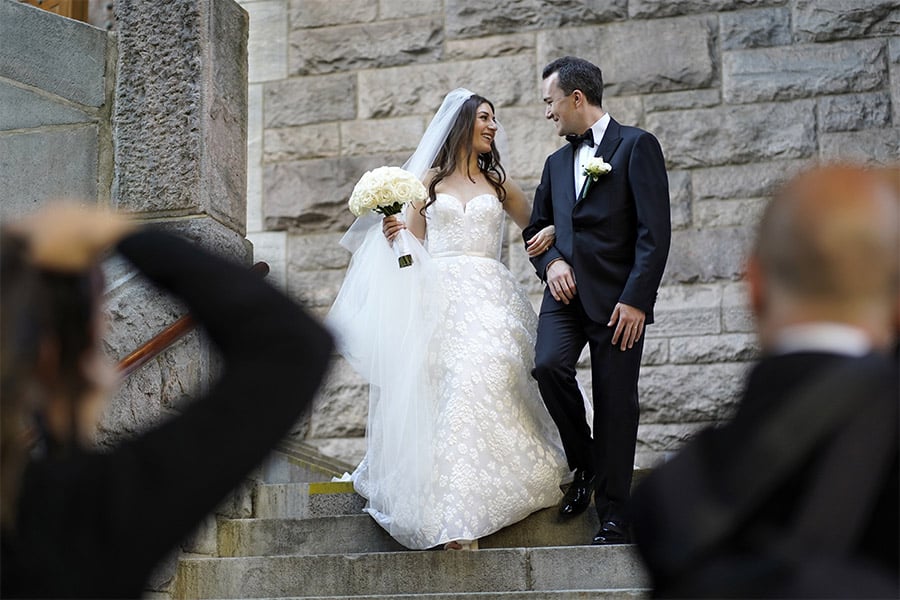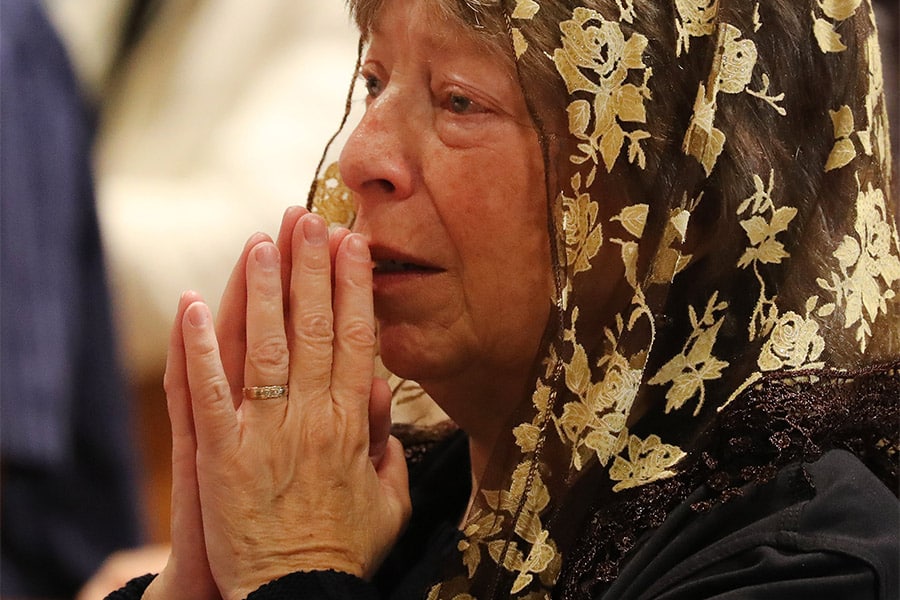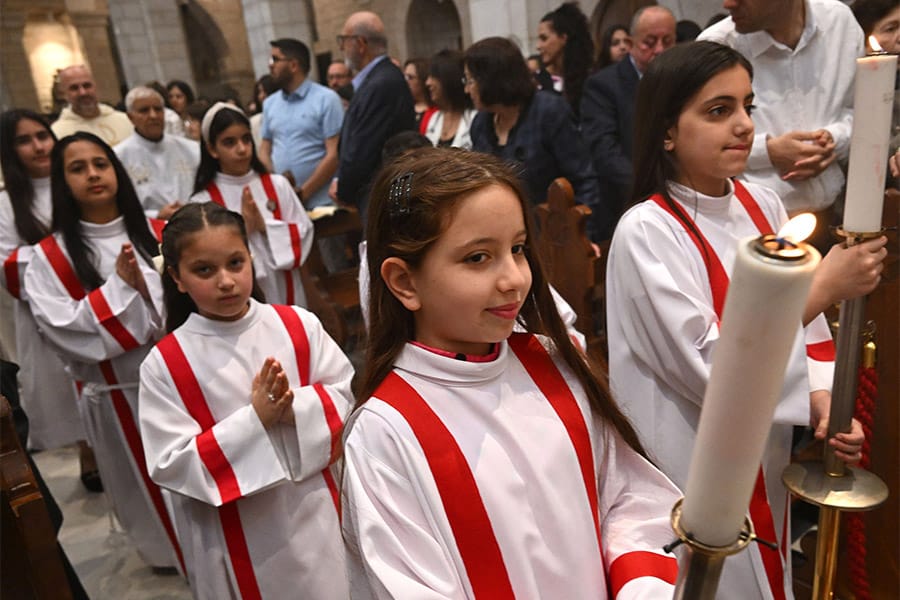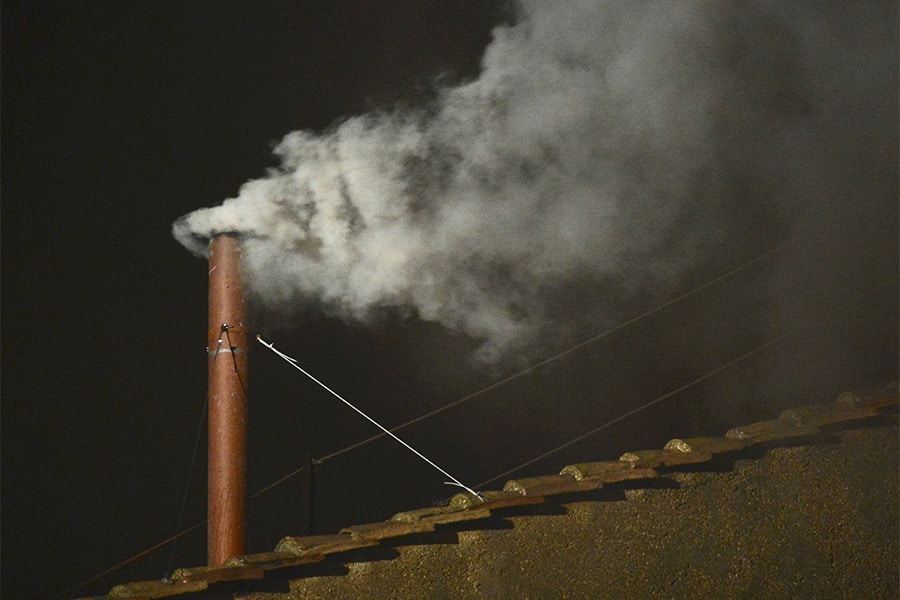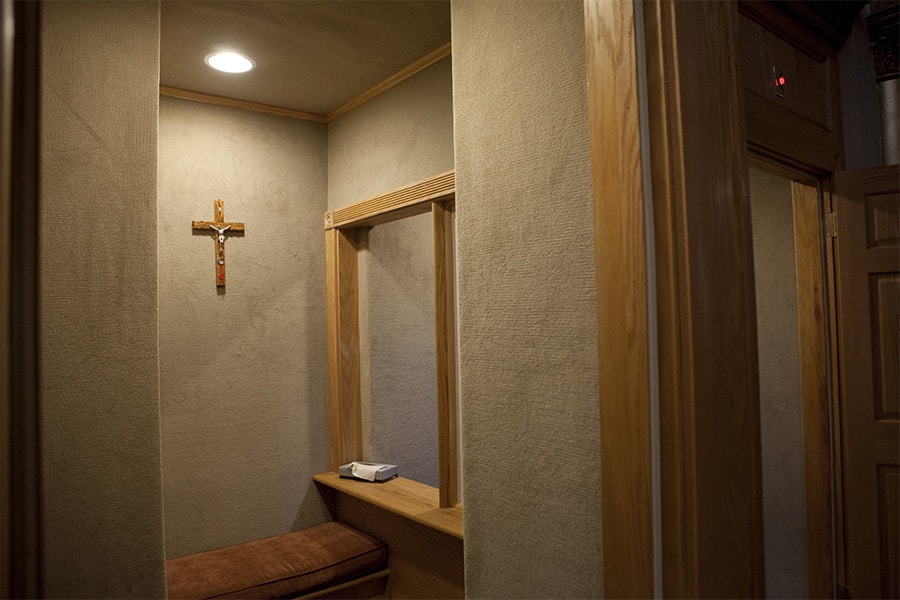Q: At a recent Mass, the priest talked about “mortal sin,” about which I’d previously heard, but then he mentioned “venial sins” and “temporal sins,” and even “sins of omission.” I’m not familiar with these, especially the last one. How can a person commit a sin without doing anything?
A: Every sin represents a turning away from God, which is never a good thing. But as we know from life experience and common sense, not all sins are equally terrible, and the dynamic of how we come to fall into sin can vary depending on the circumstances.
Mortal and venial sin are two categories along the same scale of how serious a sin is. The more serious kind of sin is mortal sin which, as the name implies, essentially “kills” our relationship with God. Or, as the Catechism of the Catholic Church puts it: “Mortal sin destroys charity in the heart of man by a grave violation of God’s law; it turns man away from God, who is his ultimate end and his beatitude, by preferring an inferior good to him” (CCC, No. 1855).
We as Catholics believe that those who die in a state of unrepented mortal sin are destined for hell. Although it is also important to keep in mind that we can never know fully as an outside observer what happens within another’s soul, so we can always hope that even the worst of sinners may have sought God’s mercy in their final moments.
In order for a sin to be considered a mortal sin in a given instance, three conditions must be met. First, the sin must be “grave matter,” meaning that it is seriously wrong in an objective sense. (As an illustration, stealing someone’s entire life savings is grave matter; stealing a paper clip is not.) The person committing the sin must also know and understand that the action is seriously wrong. Finally, in order for a sin to be mortal, a person must commit an act they know to be seriously wrong entirely of their own free will (See CCC, No. 1857).
A venial sin is a less serious sin that “does not break the covenant with God” and which does “not deprive the sinner of sanctifying grace, friendship with God, charity, and consequently eternal happiness” (CCC, No. 1863).
Minor faults and sins that do not involve grave matter are for the most part always considered venial sins. And some sins that might ordinarily be considered mortal sins might actually be venial in some concrete circumstances, if the one sinning either was not aware of the gravity of the sinful action or was committing the sin because they felt some sort of pressure to do so.
Venial sins do not imperil our souls in the same way that a mortal sin would, but it’s still important to strive to avoid committing even venial sins. Among other reasons, “deliberate and unrepented venial sin disposes us little by little to commit mortal sin” (CCC, No. 1863).
The term “sin of omission” does not describe the seriousness of a sin, but rather how the sin came to be committed. The opposite of a sin of omission is a sin of “commission,” meaning a sin that we deliberately went out of our way to commit. In contrast, we commit sins of omission when we neglect to do some good that we ought to have done.
Granted, none of us ever do as much good as we theoretically might, but a sin of omission generally involves a real failure to fulfill some clear-cut responsibility or duty. For example, actively forging documents for financial gain would be a sin of commission, whereas failing to report known fraud could be a sin of omission.
“Temporal sin” is not a term I have come across before, but my thought is that this was likely a reference to what we call “temporal punishment due to sin,” which is one way of describing the purification that happens in purgatory.
Read More Question Corner
Copyright © 2025 OSV News


